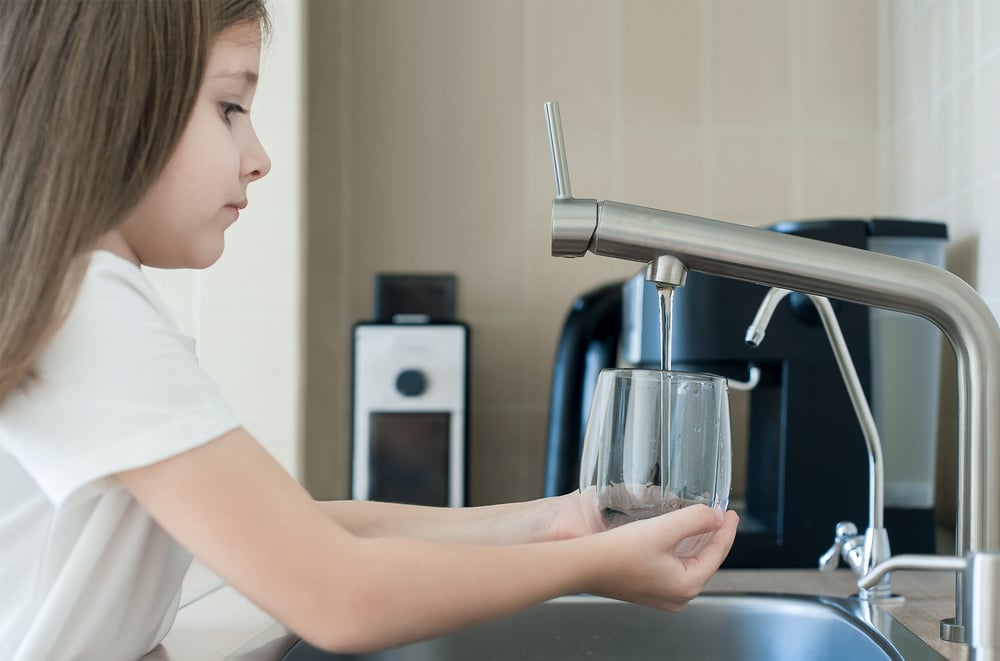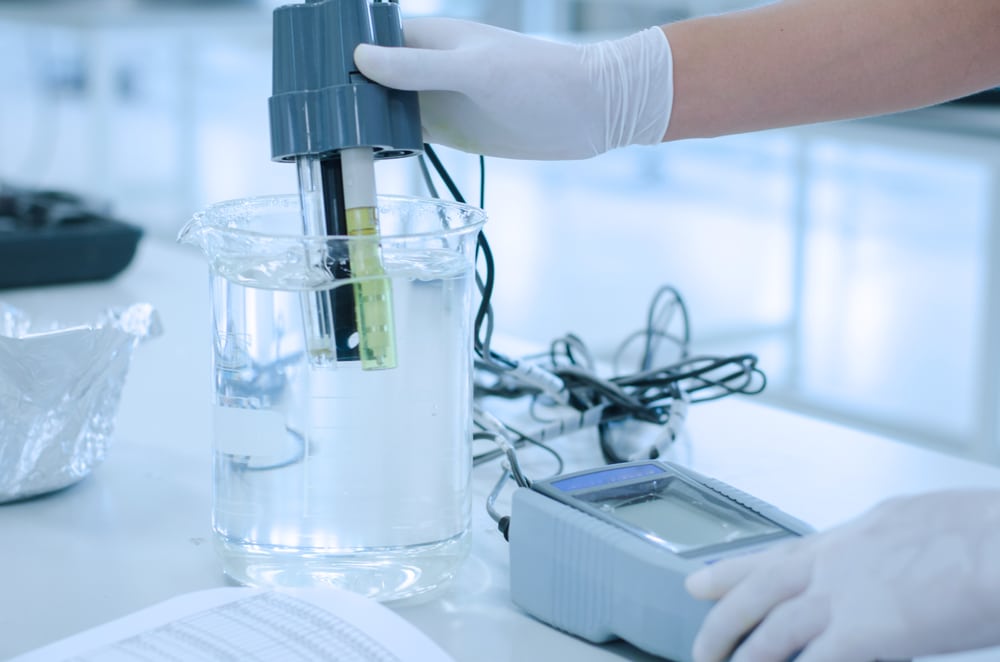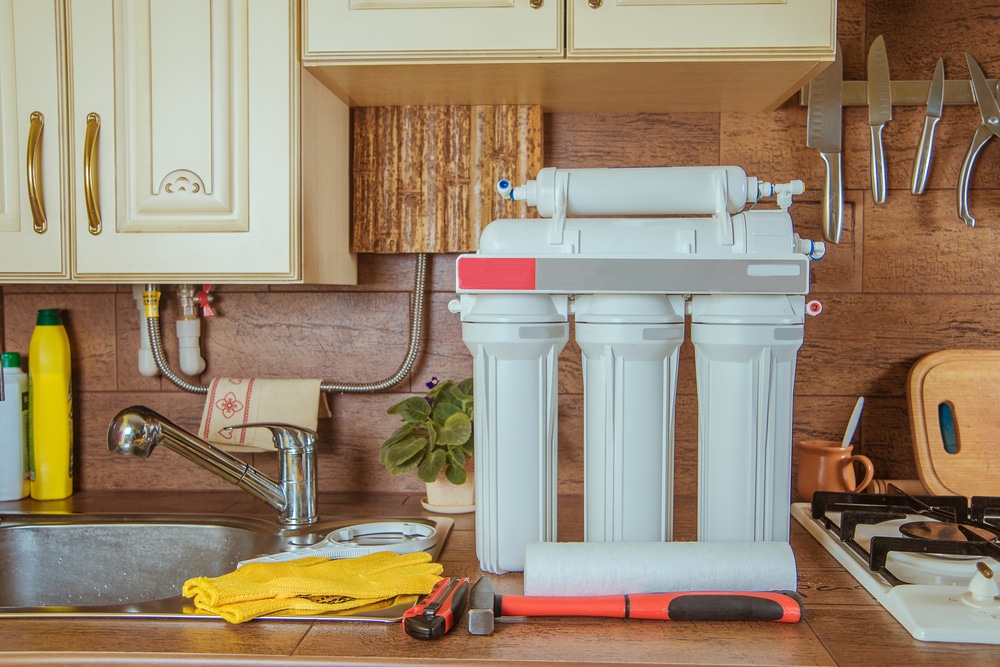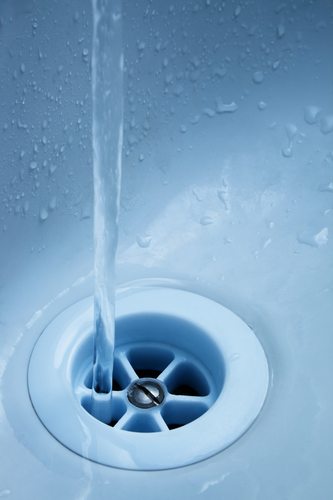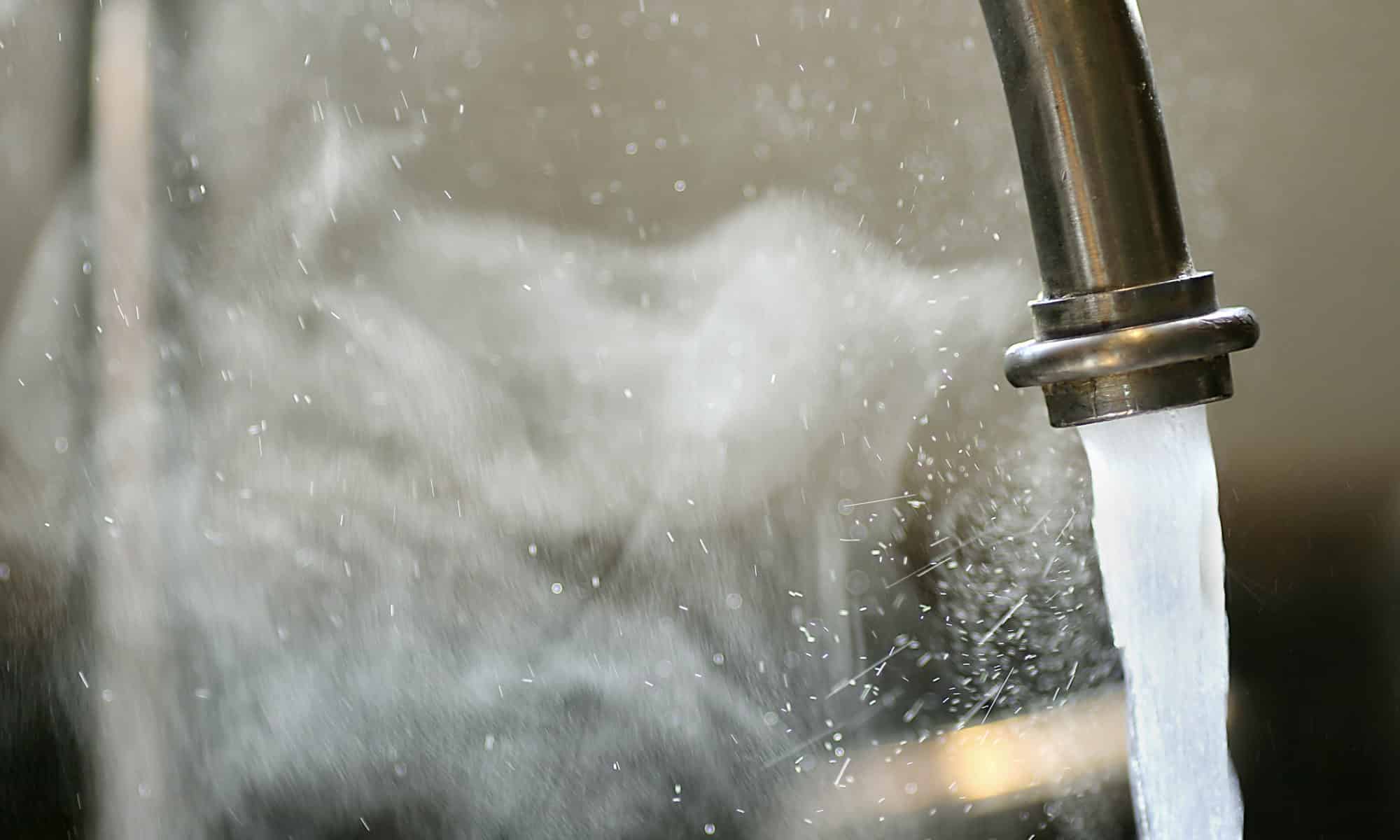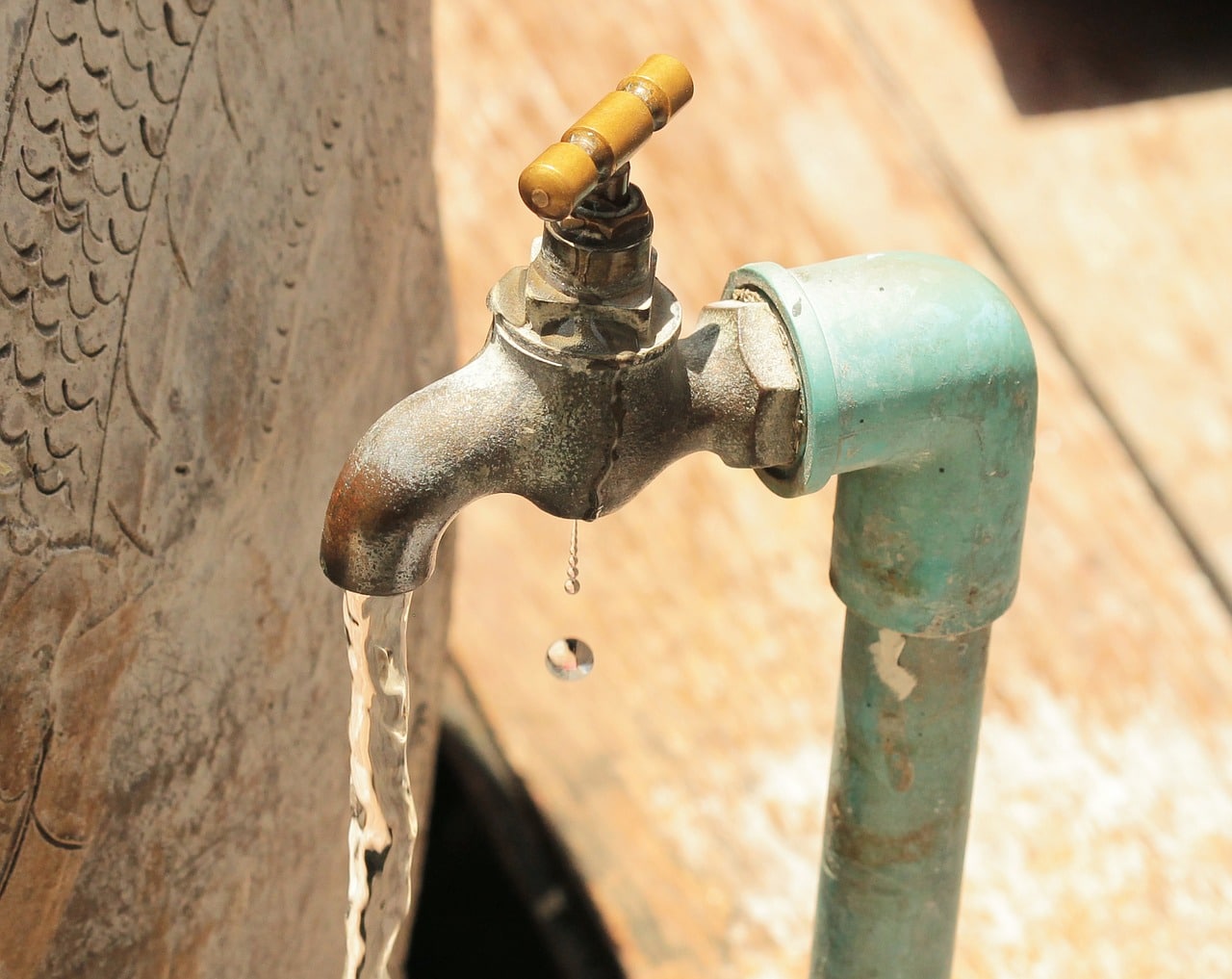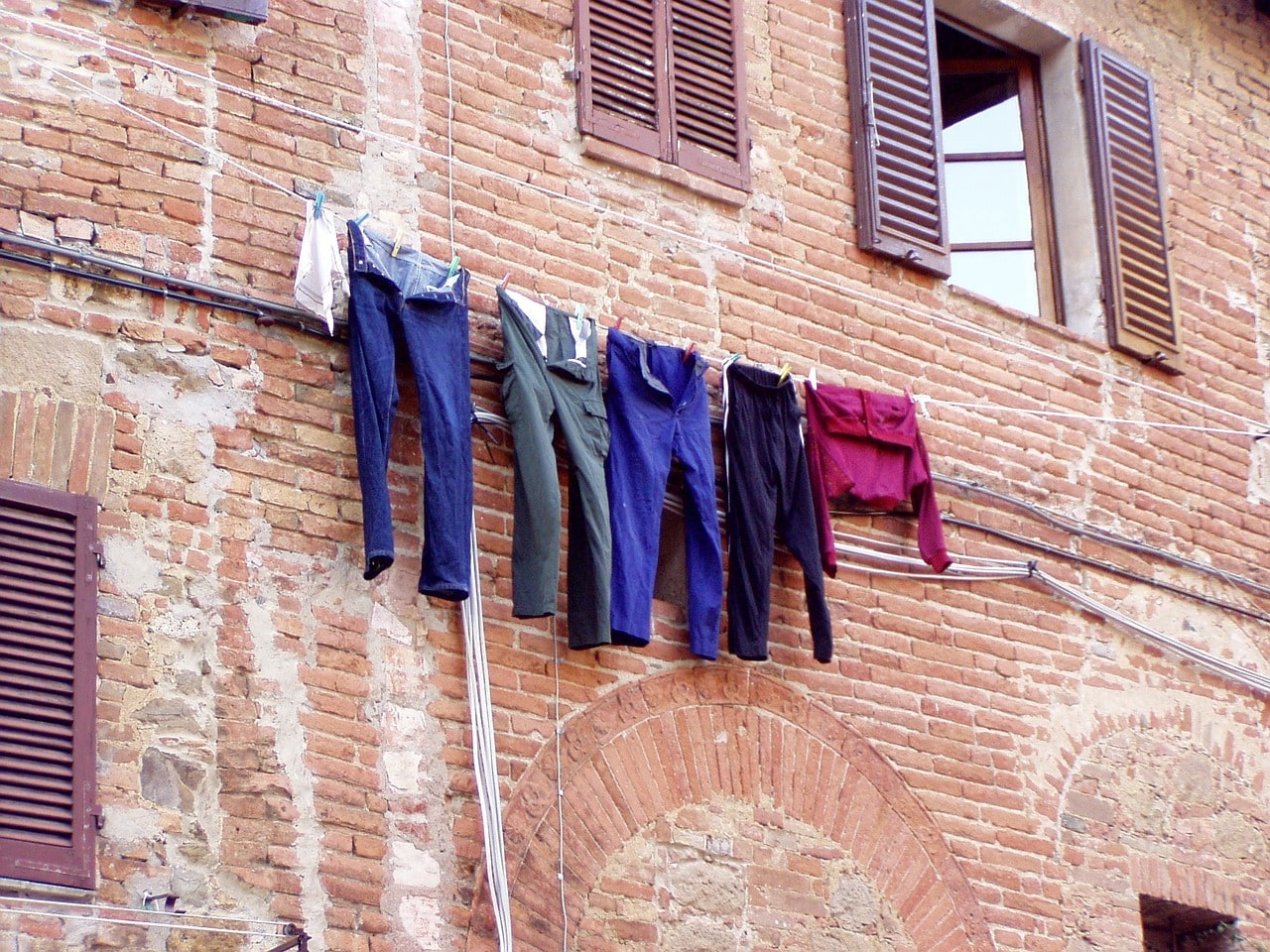If you’ve ever come across the terms “hard water” and “soft water,” you may be perplexed. After all, water is just water. How can it have varying degrees of hardness or softness? Are there distinguishable differences between these two types of water?
These questions are excellent, and if you’re asking them, it means you’re heading in the right direction. When we refer to hard water and soft water, we are discussing the mineral content in water, and there is a definite distinction between the two. Although it may seem trivial to dismiss these differences as remote, scientific concepts that don’t affect your daily life, that couldn’t be further from the truth. The quality of your water has a significant impact on various aspects of your home and everyday routines, and today, we would like to explore these effects in detail. In this blog, we’ll discuss the differences between the two and the many positive effects of soft water.
What’s the Difference between Hard and Soft Water?
The water we use in our sinks, showers, and plumbing systems originates from deep underground, either through wells or the piping systems of our town or city. During its journey through the ground, the water encounters various elements such as stone, calcium deposits, and mineral pockets. Consequently, it absorbs trace amounts of substances like iron, calcium, and magnesium. This untreated water, abundant in minerals, is referred to as hard water.
Many people opt for soft water over hard water in their homes. Soft water is created by removing the harsh minerals found in hard water, ensuring that your home’s water systems are clean, fresh, and free of unwanted elements. Soft water offers many benefits over hard water. These benefits include:
Protect Your Home and Plumbing
Incorporating soft water into your home offers both benefits for your plumbing systems and your home as a whole. Unlike hard water, which is harsh and contains harmful contaminants that can corrode your plumbing, soft water is much gentler, reducing the strain on your entire plumbing system. This can increase the lifespan of your plumbing systems, decrease the amount of maintenance needed to keep your plumbing running smoothly, and keep your other appliances healthy.
Clean More Efficiently
Water plays a crucial role in various cleaning tasks in your household, such as laundry, dishwashing, and surface cleaning. However, the presence of unwanted elements and minerals in your water can hinder the effectiveness of cleaning. Hard water, in particular, leads to the formation of soap curd or soap scum, which reduces cleaning efficiency. As a result, you may find yourself spending more money on soap and cleaning products to achieve the desired level of cleanliness. Switching to soft water allows for more effective cleaning and rinsing due to its ability to produce a rich lather from soap. As a result, you can enjoy a more cost-effective cleaning process, as your cleaning products will do their jobs more effectively.
Enjoy Softer Skin and Hair
The use of hard water in showers can have a detrimental effect on our skin and hair. Although a single shower or bath may not have an immediate impact, consistent exposure to hard water over time can result in significant damage, leaving our skin and hair lacking their natural vitality. Skin may become dry and irritable, while hair may lose its luster and become fragile. Soft water has the ability to reverse the negative impacts caused by hard water, bringing vitality back to your hair and skin. Experience the transformation for yourself by indulging in a few showers with soft water. You will soon notice a remarkable difference as your hair and skin regain their softness and become more moisturized.
Protect The Environment
In today’s climate-conscious world, there is a collective effort to safeguard the environment and promote sustainability. By installing a water softener in your home, you can play your part in reducing greenhouse gas emissions. Soft water enables more efficient heating compared to hard water, leading to reduced energy consumption and, subsequently, fewer greenhouse gas emissions.
Save Some Money
A water softener offers numerous financial benefits. Not only will you experience reduced spending on cleaning products, as softened water is more effective at cleaning, but you will also save on soap since soft water enhances lathering. Moreover, you will cut down on energy costs as soft water heats up more efficiently, resulting in lower heating expenses.
A Water Softener From Kinetico Is The Answer
Overall, the use of soft water in your home offers a multitude of positive effects. From protecting your home and plumbing systems to saving money on energy bills, you can benefit from switching to softened water today. With a Kinetico water softener installed in your home, you can enjoy all these advantages without having to worry about hard water damaging your home. Contact us today to learn more about the water-softening solutions that Kinetico has to offer. We look forward to hearing from you!



